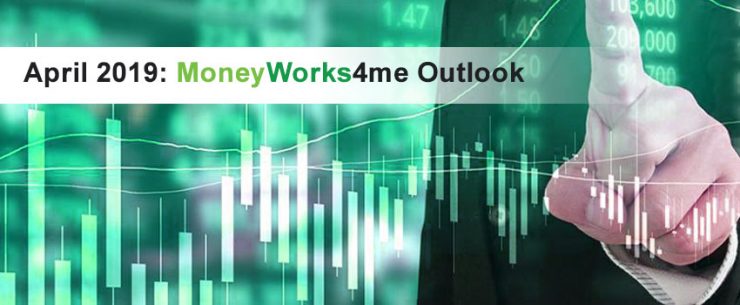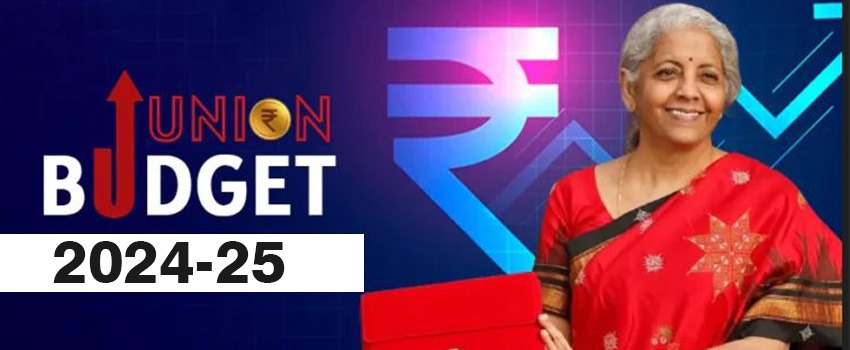Review
Nifty Total Return Index (Nifty including dividends) earned 8.5% Year to date 2019 and ~16% CAGR in last 3 years. FIIs under-own Emerging Market Equity due to poor performance of Emerging Markets in last 5-10 years. We saw increased interest in EM due to i) Cheaper valuation (except India) ii) Fed’s signal to not hikes interest rate leading to Risk ON behaviour iii) Slowing down of Developed market growth after long bull market. India too saw increase in FII interest. Most of the stocks that rallied were either beaten down or index heavyweights like Banks. Some undervalued stocks have also moved up thereby reducing number of investment opportunities. Due to narrow rally in select stocks led to all advisors and MFs underperforming headline index, Nifty 50.
Outlook
As on date, average upside of our coverage universe is likely to be ~8.5% CAGR over next 3 years. Given quality companies are trading at steep price multiples & our coverage mostly has quality companies, expensive valuation is getting reflected in poor upside potential too.
We are seeing rise in stock prices of already performing stocks due to better predictability in earnings and quality. We believe no stock is so great that no price is too high. We believe it’s much safer (relatively) to invest in stocks that are priced favourably for reasonable upside.
Howard Marks, a renowned investor, describes a good thought process on how to think while buying stocks. He says that most investors apply first level thinking while making decisions. First level think is simplistic and superficial; it doesn’t involve analysing a situation in-depth to reach any conclusion. Second level thinking, on the other hand, is more detailed and convoluted. It involves understanding that asset prices already reflect expectations of other investors in the market. Following the same opinion would not result into superior results. One has to think differently to earn superior returns. For example:
First level thinking says, “It’s a good company; let’s buy the stock.” Second level thinking says, “It’s a good company; but everyone knows it’s a good company and stock is probably overpriced; let’s sell the stock.”
First level thinking says, “The outlook calls for low growth and rising inflation; let’s sell the stock.” Second level thinking says, “The outlook stinks; but everyone is selling in panic and the stock may have become underpriced; let’s buy the stock.”
We believe that last 10 years belonged non-cyclical companies who exhibited linear growth rates. Also, some stocks that showed non-cyclicality despite being part of cyclical sectors, saw massive outperformance versus their peers. Our expectation is that there will be “reverse to the mean” in stock prices that have run up a lot versus their earnings growth.
Some pockets of the market didn’t see any meaningful returns over last 4-5 years, rightly so due to lack of earnings growth. We may see these stocks earning reasonable returns over 3 years and/or may not correct as much in near future. Select asset based companies provide reasonable upside albeit with moderate to high risk. Investor must consider investing in Infra & Infra-related companies through stocks or funds for medium term. Some of the Auto stocks have seen deep cuts and trading at low valuation multiples versus last 5 years.
Risks
Major risk is slowdown in GDP growth and even consumption volumes numbers. Even if long term growth trajectory may be intact, stocks can be very volatile due to high equity valuation.
Many cite elections result to be one of the risks. Equity returns are not dependent on which government comes to power, but it depends on earnings growth of businesses. We have seen Indian corporate earnings grow at 13-15% CAGR for past 30 years. Sensex has risen at more or less similar rate. This growth is more to do with underlying economy and entrepreneurial spirit of the nation. We believe that going forward as well, young population, under-penetration in several sectors, under-investment in infrastructure would provide ample opportunities for the companies to grow. This will get reflected in rise in stock prices as well.
Elections result, although not a fundamental reason, can only increase volatility of stocks in short term. Those who are avoiding equity because of uncertainty over which government comes to the power, must avoid sectors that have high government influence, rather than avoiding equity investing. This will reduce fear of unexpected outcome of elections. For the rest of you, Elections result is nothing but just another event that may lead stocks to move up and down. Even UK referendum of Brexit, North Korea Nuclear threat shaked investors’ confidence in India, but it staged a smart recovery in matter of months. Volatility in stocks must be embraced rather than getting scared of.
We want stocks to come down, not go up in hurry. Stock prices going up is dependent on earning growth, we cannot do much about it. What we can certainly do is buy more when stocks are trading cheap. This improves our returns for similar earning growth. A stock can grow only 15% if underlying business grows at 15% CAGR, but if bought cheap, a stock can earn more than 15% CAGR even if underlying business grows at same 15% CAGR.
If you liked what you read and would like to put it in to practice Register at MoneyWorks4me.com. You will get amazing FREE features that will enable you to invest in Stocks and Mutual Funds the right way.
Need help on Investing? And more….Puchho Befikar
Kyunki yeh paise ka mamala hai
Start Chat | Request a Callback | Call 020 6725 8333 | WhatsApp 8055769463










